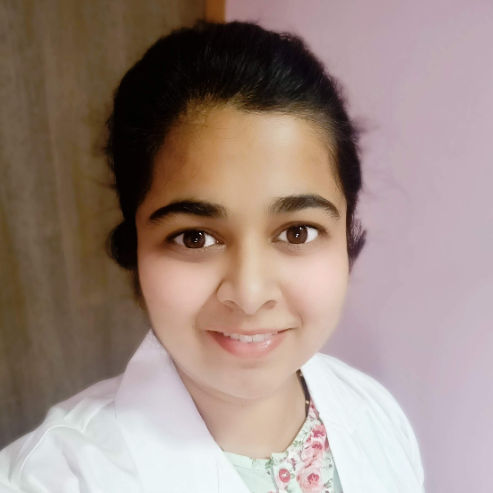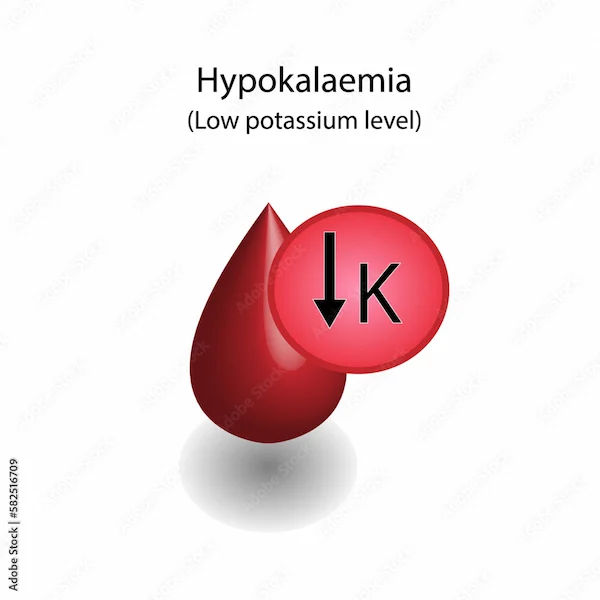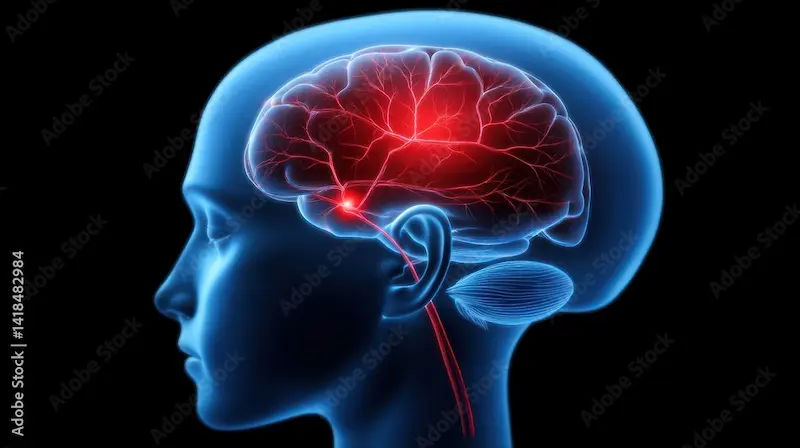Hyperlipidemia Causes, Symptoms, and Treatment Options
Know about the key causes and symptoms of hyperlipidemia, a condition marked by high levels of lipids in the blood. Explore available treatment options, lifestyle changes, and when to seek medical advice to manage cholesterol and protect heart health.

Written by Dr. Siri Nallapu
Reviewed by Dr. Dhankecha Mayank Dineshbhai MBBS
Last updated on 25th Aug, 2025

Introduction
If you’ve been diagnosed with hyperlipidemia, or if you’re concerned about high cholesterol levels, you’re not alone. Many people have this condition, often without realizing it. The good news is that with the right knowledge and lifestyle changes, you can manage it effectively.
This article will help you understand what hyperlipidemia is, its causes, symptoms, and the best ways to treat and prevent complications.
What is Hyperlipidemia?
Hyperlipidemia means having high levels of lipids (fats) in your blood, including cholesterol and triglycerides. While some fats are essential for your body, too much can lead to serious health problems like heart disease, stroke, or clogged arteries.
There are two main types of cholesterol:
- LDL (Low-Density Lipoprotein) – "Bad" cholesterol – Builds up in arteries, increasing heart disease risk.
- HDL (High-Density Lipoprotein) – "Good" cholesterol – Helps remove bad cholesterol from the bloodstream.
High triglycerides (another type of fat) can also increase heart disease risk.
Consult a Top Heart Specialist for the best advice
What Causes Hyperlipidemia?
Several factors can lead to high cholesterol:
1. Unhealthy Diet
- Eating too much saturated fats (fried foods, red meat, full-fat dairy) and trans fats (processed snacks, baked goods) raises LDL cholesterol.
2. Lack of Exercise
- Physical inactivity lowers HDL (good cholesterol) and increases LDL (bad cholesterol).
3. Obesity
- Excess weight, especially around the waist, increases cholesterol levels.
4. Genetics (Family History)
- Some people inherit genes that cause high cholesterol (familial hyperlipidemia), even with a healthy lifestyle.
5. Other Medical Conditions
- Diabetes
- Hypothyroidism (underactive thyroid)
- Kidney disease
6. Smoking & Alcohol
- Smoking lowers HDL and damages blood vessels.
- Excess alcohol raises triglycerides.
What Are the Symptoms of Hyperlipidemia?
The tricky part about hyperlipidemia is that it often has no symptoms. Many people don’t know they have it until they get a blood test or experience a serious complication like a heart attack or stroke.
In rare cases of very high cholesterol, you may notice:
- Yellowish fatty deposits around eyes or joints (xanthomas).
- White or grayish ring around the cornea (arcus senilis).
That’s why regular cholesterol checks are important, especially if you have risk factors.
How is Hyperlipidemia Diagnosed?
A simple lipid profile blood test measures:
- Total cholesterol
- LDL (bad cholesterol)
- HDL (good cholesterol)
- Triglycerides
Ideal Cholesterol Levels:
- Total cholesterol: Below 200 mg/dL
- LDL: Below 100 mg/dL (lower if high risk)
- HDL: Above 60 mg/dL (higher is better)
- Triglycerides: Below 150 mg/dL
If your numbers are high, your doctor may recommend lifestyle changes or medications.
Get Your Health Assessed
How is Hyperlipidemia Treated?
The goal is to lower LDL and triglycerides while raising HDL. Treatment depends on your risk factors.
1. Lifestyle Changes (First Line of Treatment)
Eat a Heart-Healthy Diet
- Choose fruits, vegetables, whole grains, nuts, and fish.
- Avoid fried foods, processed snacks, and sugary drinks.
- Use healthy fats like olive oil, avocados, and nuts.
Exercise Regularly
- Aim for 30 minutes of walking, swimming, or cycling most days.
Lose Weight (If Overweight)
- Even losing 5-10% of body weight improves cholesterol.
Quit Smoking & Limit Alcohol
- Smoking damages arteries; quitting improves HDL.
- Alcohol in moderation (1 drink/day for women, 2 for men).
2. Medications (If Needed)
If lifestyle changes aren’t enough, your doctor may prescribe:
- Statins (Atorvastatin, Rosuvastatin) – Lower LDL.
- Fibrates (Fenofibrate) – Lower triglycerides.
- Niacin (Vitamin B3) – Raises HDL.
- PCSK9 Inhibitors (Evolocumab) – For severe cases.
3. Regular Monitoring
- Get annual cholesterol tests if you’re on treatment.
- Manage other conditions like diabetes or high blood pressure.
When to See a Doctor?
Consult a doctor:
- If you have a family history of high cholesterol or heart disease.
- If your cholesterol levels are high in tests.
- If you experience chest pain, shortness of breath, or dizziness (signs of heart disease).
Early detection and treatment can prevent serious complications.
Can Hyperlipidemia Be Prevented?
Yes! Even if you have a genetic risk, a healthy lifestyle can make a big difference:
- Eat a balanced diet (Mediterranean diet is great).
- Stay active (walking, yoga, or any exercise helps).
- Maintain a healthy weight.
- Avoid smoking and excessive alcohol.
- Get regular check-ups (especially after age 40).
Conclusion
Hyperlipidemia is manageable with the right steps. Early detection can save your heart!
Consult a Top Heart Specialist for the best advice
Consult a Top Heart Specialist for the best advice

Dr. Anand Ravi
General Physician
2 Years • MBBS
Bengaluru
PRESTIGE SHANTHINIKETAN - SOCIETY CLINIC, Bengaluru

Dr. Tripti Deb
Cardiologist
40 Years • MBBS, MD, DM, FACC, FESC
Hyderabad
Apollo Hospitals Jubilee Hills, Hyderabad
Dr Moytree Baruah
Cardiologist
10 Years • MBBS, PGDCC
Guwahati
Apollo Clinic Guwahati, Assam, Guwahati

Dr. Zulkarnain
General Physician
2 Years • MBBS, PGDM, FFM
Bengaluru
PRESTIGE SHANTHINIKETAN - SOCIETY CLINIC, Bengaluru

Dr Nazneen Khan
Cardiologist
7 Years • M.B.B.S, M.D (MEDICINE), DrNB CARDIOLOGY
Pune
Apollo Clinic, Viman Nagar, Pune
Consult a Top Heart Specialist for the best advice

Dr. Anand Ravi
General Physician
2 Years • MBBS
Bengaluru
PRESTIGE SHANTHINIKETAN - SOCIETY CLINIC, Bengaluru

Dr. Tripti Deb
Cardiologist
40 Years • MBBS, MD, DM, FACC, FESC
Hyderabad
Apollo Hospitals Jubilee Hills, Hyderabad
Dr Moytree Baruah
Cardiologist
10 Years • MBBS, PGDCC
Guwahati
Apollo Clinic Guwahati, Assam, Guwahati

Dr. Zulkarnain
General Physician
2 Years • MBBS, PGDM, FFM
Bengaluru
PRESTIGE SHANTHINIKETAN - SOCIETY CLINIC, Bengaluru

Dr Nazneen Khan
Cardiologist
7 Years • M.B.B.S, M.D (MEDICINE), DrNB CARDIOLOGY
Pune
Apollo Clinic, Viman Nagar, Pune




